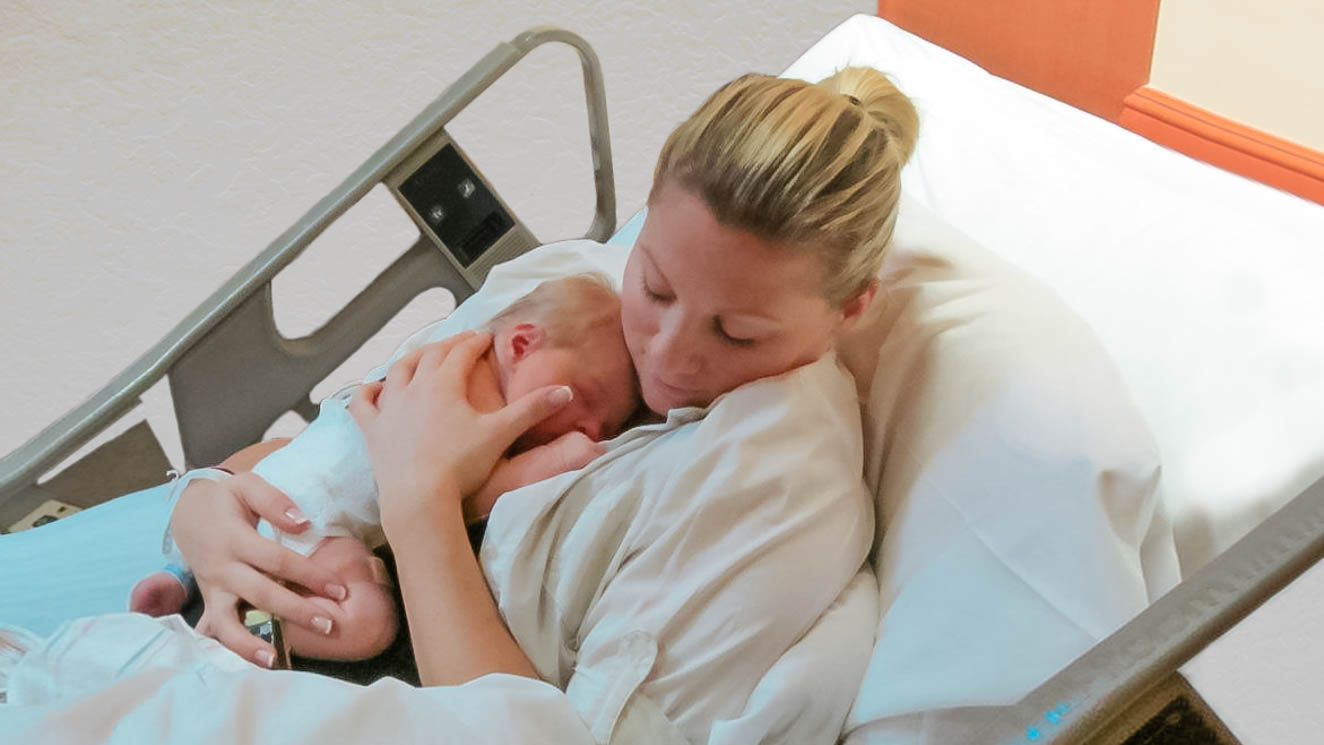

Now that the FDA has approved a new drug, the first ever developed specifically to treat Postpartum Depression (PPD), here’s what you need to know: it’s called Zulresso, and the goal is that it will make a difference for the 1 in 9 new moms (1 in 5, in some states), who suffer from PPD’s crippling symptoms.
Up until now, postpartum depression has usually been treated with antidepressants, talk therapy, and support groups, but success has been limited (and the stigma prevents many women from even seeking treatment in the first place). Most antidepressants, like Zoloft, usually take several weeks to take effect. Zulresso, on the other hand, is a one-time treatment that’s been shown in clinical trials to provide symptom relief as early as 48 hours into treatment for women suffering from both moderate and severe PPD.
Zulresso works by acting on the brain’s GABA receptors to reduce PPD’s symptoms. It’s administered intravenously over a 60-hour period and has to be monitored in a healthcare facility the whole time because it’s associated with side effects that can include extreme drowsiness and possible loss of consciousness. (While studies show that very little Zulresso passes into breast milk, there’s more we need to learn on this front, and because of the way it is administered, it does cause an interruption in nursing).
While no one has pinned down a single cause of PPD, post-birth drops in estrogen, progesterone, and thyroid hormones along with the emotional upheavals of new motherhood can combine to cause symptoms. Other risk factors include previous personal or family history of depression, inadequate social support, and pregnancy and birth complications. It’s important to know that PPD is real, it’s treatable, and it’s not a new mom’s fault.
Zulresso, which is manufactured by Sage Therapeutics, comes with the beyond-hefty price tag of $34,000, though some women’s health care providers are optimistic that it will soon be covered by insurance. If insurance companies do choose to cover it and if it can be made widely available at ob/gyn and midwifery practices, it could make a real difference for women’s mental health. That’s a major if, though, so, like everyone else, we’ll be waiting to see if this drug can indeed be the game-changer we so deeply need.







